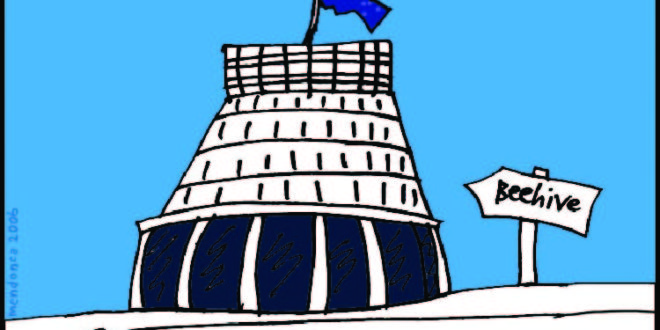OPINION: Bill English’s decision to stand down from the leadership of the National Party, and to leave Parliament, is not too surprising. Although he will genuinely be missed and is highly regarded in the party, he has accumulated a certain amount of baggage which would have eventually worn him down. He would also have increasingly found it difficult to match Jacinda Ardern in Parliament. The timing is also very sensible. It will give the new leader plenty of time to establish themselves before the next election.

As other commentators have said, the dilemma that the Nats now have is that there is no obvious successor but a plethora of credible candidates who have at least some of the skills to do the job. Names that have been bandied about include Simon Bridges, Amy Adams and Judith Collins – all confirmed contenders – Nikki Kaye and Paula Bennet (who I think have now ruled themselves out) – and at least 3 others. They all have the credentials to be worthy candidates but they have flaws as well. My own pick of that bunch would be Amy Adams who has been a distinct success as a Minister in several roles, but she currently lacks the charisma and public persona to be an immediately effective leader.
However, the real challenge facing National is not just to choose a person, but to first decide what attributes that person has to have. The leader should logically then be the person who is the best fit with those ideal attributes. This is likely to involve some compromise as no candidate is likely to “have it all”. Attributes come from strategy and the one thing the National Party is not good at is strategic thinking. So, there is a big risk of getting it wrong.
There are several strategic challenges that the new leader has to face.
- They must first have control of caucus, ie they must be accepted by their colleagues as “their leader”. This sounds very basic but look at the troubles the incumbents are having in both Australia (Turnbull) and Britain (Therese May) because of lack of control
- They have to resonate with the public (the electorate) particularly in competition with Jacinda Ardern. You might call this the “John Key” factor as his connection with the public was a model of how it is done.
- They have to provide a strong and effective opposition to the Government, particularly in Parliament, and this means not just holding the Government to account but demonstrating that the National Party is a credible “government in waiting”. It is not enough to just attack the Government.
- And finally, they must have the strategic nous to be able to formulate a strategy, or orchestrate the formulation of a strategy, for bringing the opposition back into government; and the personal credentials and ability to be able to make the transformation from Leader of the Opposition to Prime Minister.
The chance that any candidate will tick all these boxes is pretty slim but it is strategically important that the elected leader ticks as many of the boxes as possible immediately and has the ability to grow into all the other roles indicated.
However, all this might turn out to be wishful thinking. Getting elected as Leader is basically a numbers game involving members of caucus who may have their own agendas, which look nothing like the above.
We should find out within the next week.
By Bas Walker
This is another of Bas Walker’s posts on GrownUps. Please look out for his articles, containing his Beachside Ponderings.









Join the Discussion
Type out your comment here:
You must be logged in to post a comment.